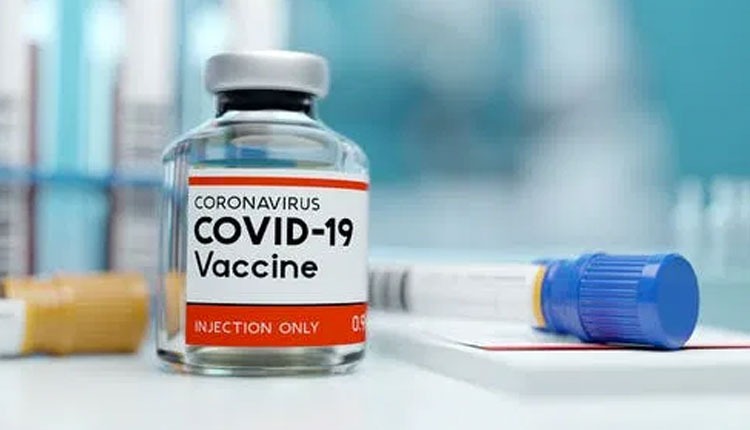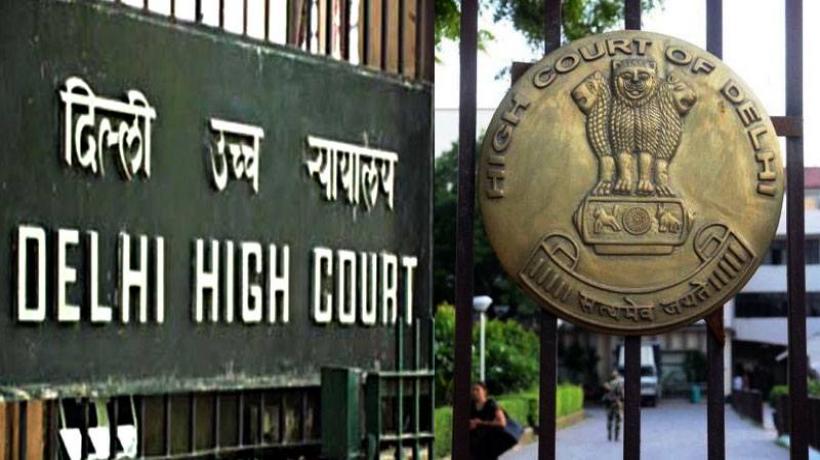In light of the coronavirus pandemic, New Year’s Eve festivities will take place in the midst of tight restrictions, much like Christmas and Diwali nights this year, and to avoid large gatherings in public spaces major cities have been put under a night curfew.
Many states have announced restrictions on large gatherings and imposed night curfews for New Year’s Eve, amid fear of the new Covid-19 strain. So far, 25 people in India have been found to be infected with the new virus.
State-Wise Night Curfew Guidelines
Here’s the list of states that have agreed on New Year’s Eve to enforce restrictions:
New Delhi
As per the order signed by Delhi Chief Secretary Vijay Dev, no new year celebrations, congregations, and public gatherings will be allowed from 11 pm on 31 December to 6 am on 1 January and from 11 pm on 1 January to 6 am on 2 January, respectively.
A thorough evaluation of the situation in Delhi has been carried out, taking into account the danger posed by the mutant UK strain of COVID-19 virus, and after examining the local outbreaks of the Covid-19 pandemic in Delhi, it is understood that New Year’s meetings, congregations, and public gatherings pose a significant threat to the spread of the virus and may cause a setback to the appreciable gains.
However, during the curfew era, there will be no constraint on the interstate and intrastate movement of individuals and goods.
Maharashtra
The Maharashtra government has announced a night curfew from 11 pm to 6 am in major cities across the state from December 22 to January 5 as a precautionary measure. A circular issued by the state government appealed people to “Welcome the New Year in a simple way in their homes” and “avoid visiting seashores, gardens, roads even though there will be no day curfew on December 31”
The circular asked people to maintain social distancing and wear face masks when stepping out. No cultural or religious events should be organised during this period, and people visiting places of worship on the first day of 2021 must take care to avoid crowding, the government order said. There should be no bursting of firecrackers to avoid pollution, the circular further added.
Rajasthan
In cities with a population of over one lakh, the Rajasthan government placed a night curfew on December 31. According to an order issued by the Home Department, the restrictions will remain in effect from 8 pm on December 31 to 6 am on January 1. There will be no New Year party planned and firecrackers have been prohibited from bursting in the province.
Karnataka
Between December 30 and January 2, the Karnataka government-enforced measures banning bars, clubs, and restaurants from holding New Year celebrations. Clubs, pubs, and restaurants do not host events, but would usually work according to the guidelines of Covid-19. Starting on Wednesday (30 December), between 10 pm and 6 am, there will be a nighttime curfew until 2 January.
Tamil Nadu
In Tamil Nadu, New Year celebrations in bars, resorts, restaurants, and even on beaches have been barred by the state government. These limitations will remain in place on 31 December and 1 January, respectively. While no night curfew has been enforced in the state, on New Year’s Eve, the popular Marina Beach will remain closed to the public. Restaurants and pubs are permitted to stay open, but in terms of the number of customers allowed, they would have to meet the COVID-19 guidelines.
Punjab
On December 11, Punjab Chief Minister Amarinder Singh directed all cities and towns in the state to extend the night curfew until January 1, 2021. Till January 1, the night curfew from 10 pm to 5 am will stay in effect. The government of Punjab also ordered a restriction of 100 indoor individuals and 250 outdoor individuals at marriage functions and parties in the state.
Uttarakhand
On December 31 and January 1, the state capital Dehradun banned public gatherings such as parties at hotels, bars, and restaurants. Dr. Ashish Srivastava, District Magistrate of Dehradun, said all the restaurants, hotels, and bars in the district are advised to follow the standard operating procedures (SoPs) of COVID-19 and are only authorized to have small meetings for celebratory purposes.











